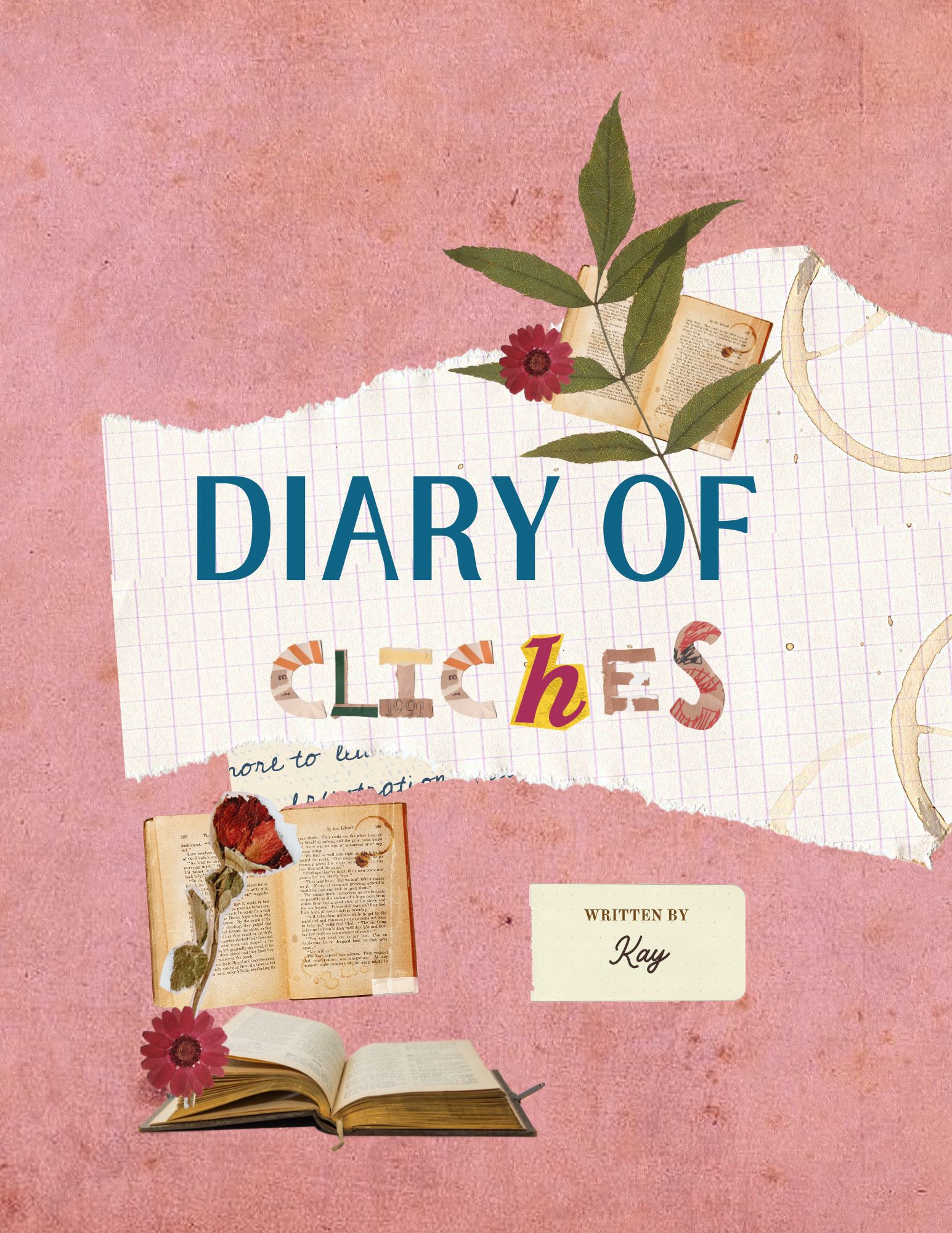A journey from being Geet to Piku

I was watching my favorite song from Jab We Met while in Chicago a few years ago. This was back in 2009. I loved the song! I danced to it every chance I got. But this time it felt different. Little did I know that the person who loved the song was not inside me anymore.
I cried myself to sleep that night.Let’s just say, I was not quite myself.
Where did Geet go? Well, Geet had left the coop.
Then I saw Piku sometime in 2015. And I was introduced to myself again! I had found Piku in myself!
The transition from Geet in “Jab We Met” to Piku in “Piku” represents a significant shift in the portrayal of women in cinema and society. Geet, portrayed by Kareena Kapoor Khan, embodies the traditional Bollywood heroine archetype – vivacious, free-spirited, and romantic. On the other hand, Deepika Padukone’s portrayal of Piku represents a modern, pragmatic woman navigating the complexities of life, family, and career.
The journey from Geet to Piku reflects the evolving narrative of womanhood in this age, where women are empowered to define themselves on their terms, breaking free from societal constraints, and embracing their full potential.
Geet the carefree butterfly who took off with her backpack to conquer the World has now flown back! More grounded! More self-assured, taking on bigger responsibilities. She is now the Piku who has taken on bigger roles and adds her strength to the foundational pillars of the society.
This shift reflects broader societal changes and challenges conventional gender stereotypes. Geet symbolizes the traditional archetype of femininity characterized by emotional vulnerability, romance, and dependence on male companionship. In contrast, Piku exemplifies a modern woman who prioritizes personal growth, familial responsibilities, and independence over conforming to societal expectations.
But whether we are a Geet or a Piku or our unique selves on a broader spectrum, we need our men! To meet us where we are, to hold us in our power and to walk alongside us! We need our men to be stronger than ever!
In this changing landscape of feminism, men have an important role to play in supporting gender equality and empowerment. As women redefine their identities and assert their agency, we need our men to challenge traditional notions of masculinity and support us in our pursuit of self-determination.
The evolution from Geet to Piku represents changing societal attitudes toward women’s roles and aspirations. Women are embracing their individuality, asserting agency, and breaking away from predefined roles. They are no longer confined to limited archetypes but are celebrated for their diversity, resilience, and contributions across various spheres of life.
The transition from Geet to Piku signifies a broader cultural shift towards embracing women’s empowerment, agency, and individuality. Geet and Piku are not merely characters but reflections of the evolving narrative of womanhood, capturing the essence of empowerment, resilience, and authenticity in a changing world.
Today’s women are redefining what it means to be feminine and successful. They are no longer confined to predefined roles but are charting their paths, balancing career ambitions with personal relationships, family responsibilities, and self-care.
The shift from Geet to Piku represents a journey of self-discovery and empowerment. Women are embracing their independence, and making decisions based on their desires and aspirations rather than societal expectations. They are unapologetically themselves, embracing their flaws and vulnerabilities as strengths rather than weaknesses.
Moreover, the transition from Geet to Piku reflects a broader cultural shift towards authenticity and inclusivity. Women are demanding to be seen and heard in all their diversity, challenging stereotypes, and pushing boundaries. They are breaking down barriers and paving the way for future generations of women to live authentically and unapologetically.
The journey from Geet to Piku is emblematic of the resilience, strength, and authenticity of women in this age. It represents a celebration of women’s empowerment, agency, and individuality, as they navigate the complexities of life on their terms. Men also have a crucial role to play as allies and partners in the journey towards gender equality and empowerment.
To contribute to this shift, men need to recognize and respect women’s autonomy and agency, while staying strong in their own power and self assurance. This includes actively listening to women’s voices, acknowledging their experiences, and valuing their contributions in all aspects of life. It also involves questioning and dismantling societal norms and expectations that limit women’s opportunities and choices.
Additionally, men need to support women by advocating for gender equality in their relationships and in the broader society. This includes promoting policies and practices that provide equal opportunities for women in the workplace, challenging gender stereotypes, and advocating for women’s rights and representation. Men need to have their voice heard and make it louder if needed.
Men’s role in this journey extends beyond passive support; they must actively engage in self-reflection and unlearn harmful beliefs and behaviors that perpetuate gender inequality. This involves examining how traditional notions of masculinity can contribute to the oppression of women and limit their autonomy.
Men need to challenge social norms that prioritize male success and dominance over female empowerment by promoting empathy, respect, and cooperation in their interactions with women, fostering healthier and more equitable relationships.
Furthermore, men can serve as allies by amplifying women’s voices and advocating for their rights and representation in all spheres of society. This includes creating inclusive spaces where women feel heard, valued, and respected, and actively working to dismantle systems of oppression that disproportionately affect women.
In essence, men have a vital role to play in supporting women’s journey towards gender equality and beyond. By embracing a more inclusive and equitable vision of masculinity, men can contribute to the creation of a world where all individuals, regardless of gender, can thrive and fulfill their potential.
Ultimately, the journey towards gender equality is about redefining gender norms and creating a more equitable and inclusive society for everyone. Men and women can work together as allies and partners to create a future where everyone has the freedom and opportunity to be their authentic selves, regardless of gender.



Leave a comment